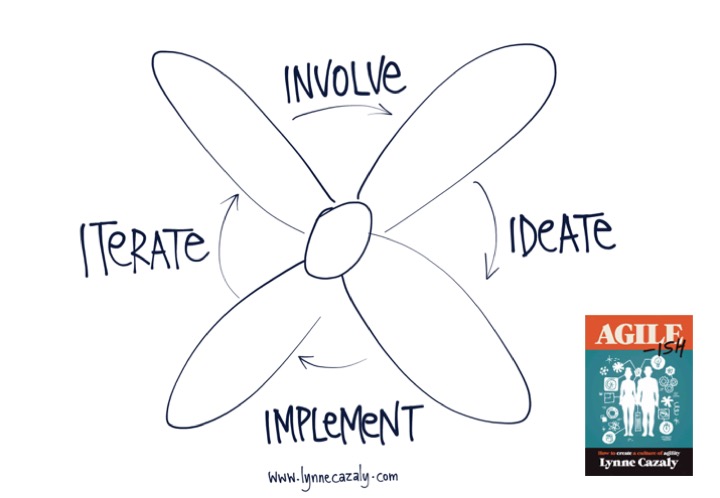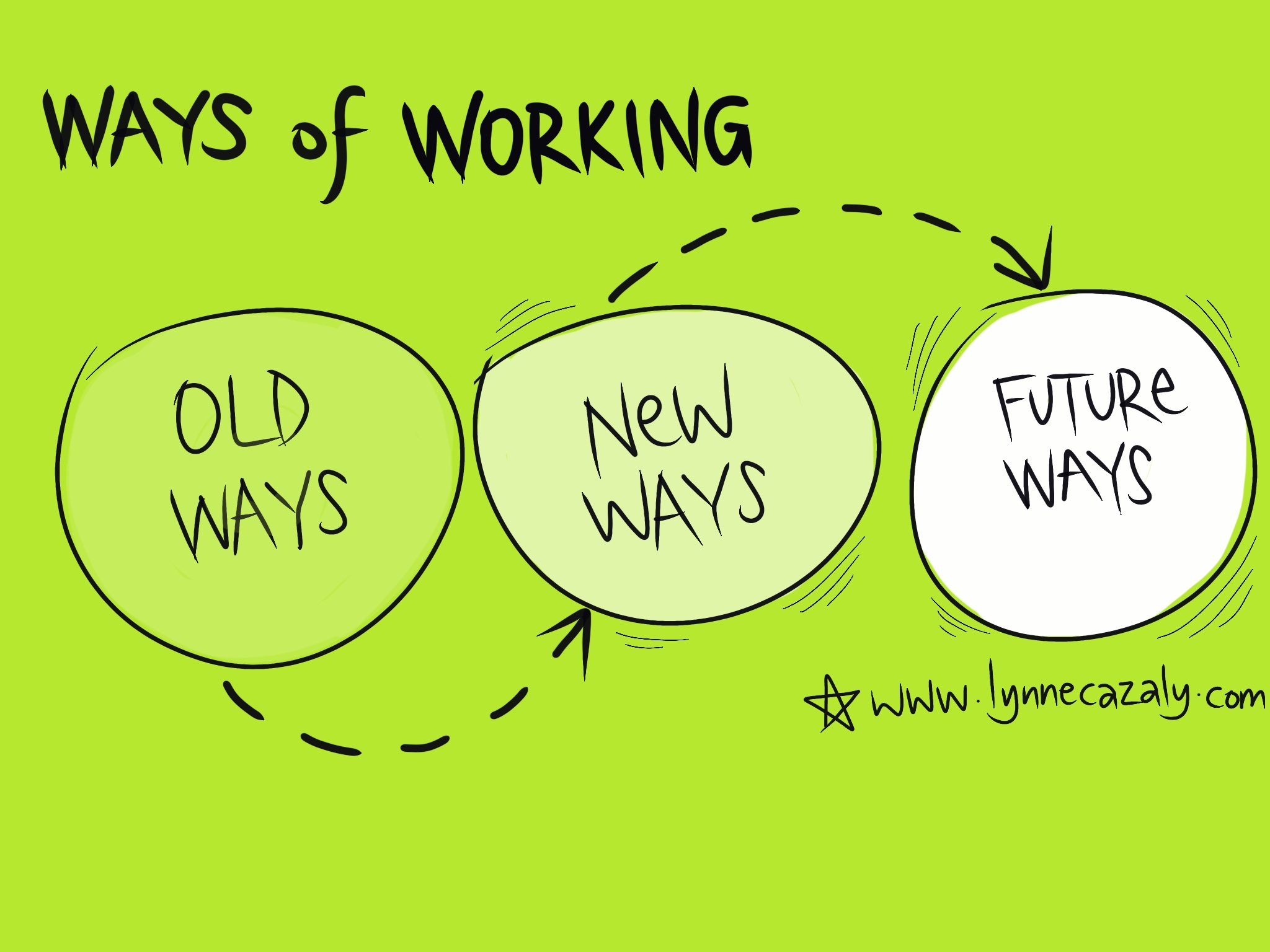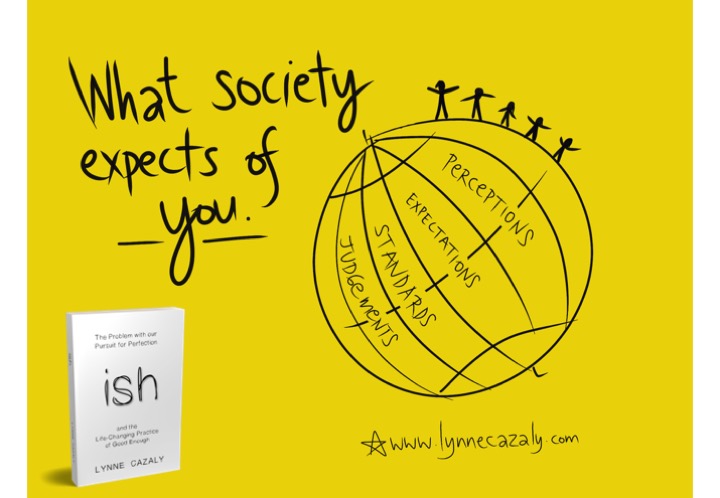Value sooner is the goal.
 Sunday, August 11, 2019 at 9:49PM
Sunday, August 11, 2019 at 9:49PM  I'm posting about newer ways of working this week and getting value into the hands of customers, users, clients, patients, students - whoever those people are that you're there for - this is the goal.
I'm posting about newer ways of working this week and getting value into the hands of customers, users, clients, patients, students - whoever those people are that you're there for - this is the goal.
The goal isn't to complicate, grandstand, waffle on, time waste or keep busy. Nor is the goal to over-consult, keep working on something until its perfect, bring even more people into a meeting or add still more people into the cc field of an email.
It's the reverse.
With new ways of working, you're looking at how to get to value, sooner. That often means reducing waste, doing the minimum to get something up and going, staying focused on the work elements that best deliver value ... and then delivering that value, testing it out.
When I work with teams and organisations helping them understand and introduce new-er ways of working than what they're currently using, I'll work through these four topics with them:
1️⃣ Involve
2️⃣ Ideate
3️⃣ Implement
4️⃣ Iterate
Let's look at them in more detail over the next few days. Are you with me?




















